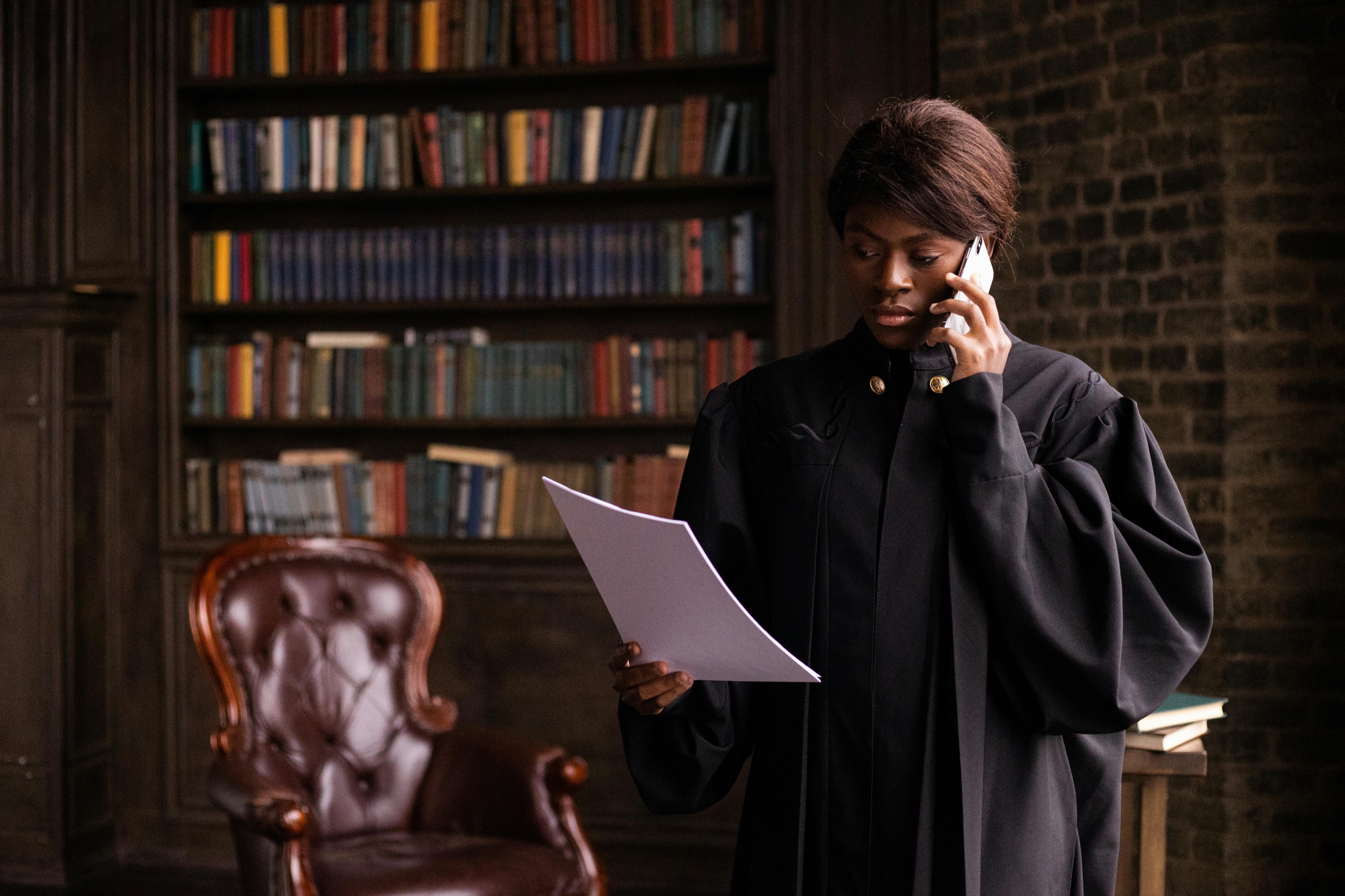
Civil litigation involves legal disputes between individuals or organizations, typically seeking monetary damages or specific performance rather than criminal penalties. Civil litigation lawyers specialize in managing these cases through court trials or settlements. This article explains the role of a civil litigator, common types of disputes, and when to seek their services.
Key areas of focus include:
- What Civil Litigation Lawyers Handle – From contract disputes to property claims.
- The Legal Process – How a civil case progresses.
- When to Hire a Civil Litigator – Identifying the right moment to seek legal help.
1. What Civil Litigation Lawyers Handle
Civil litigators manage non-criminal disputes such as:
- Breach of contract
- Property disputes
- Employment disagreements
- Personal injury claims
They represent clients in court or negotiate out-of-court settlements to avoid lengthy trials.
2. The Legal Process
Civil cases generally follow these steps:
- Initial consultation and investigation
- Filing a lawsuit and serving notice
- Discovery phase (exchange of evidence)
- Pre-trial motions and settlement attempts
- Trial or arbitration
- Appeal (if applicable)
3. When to Hire a Civil Litigator
Engage a civil litigation attorney if:
- You're being sued or intend to sue.
- Negotiations have failed and court action is likely.
- You require formal dispute resolution.
A skilled civil litigator can guide you through the complexities of civil procedure, protect your interests, and improve your chances of a favorable resolution.






